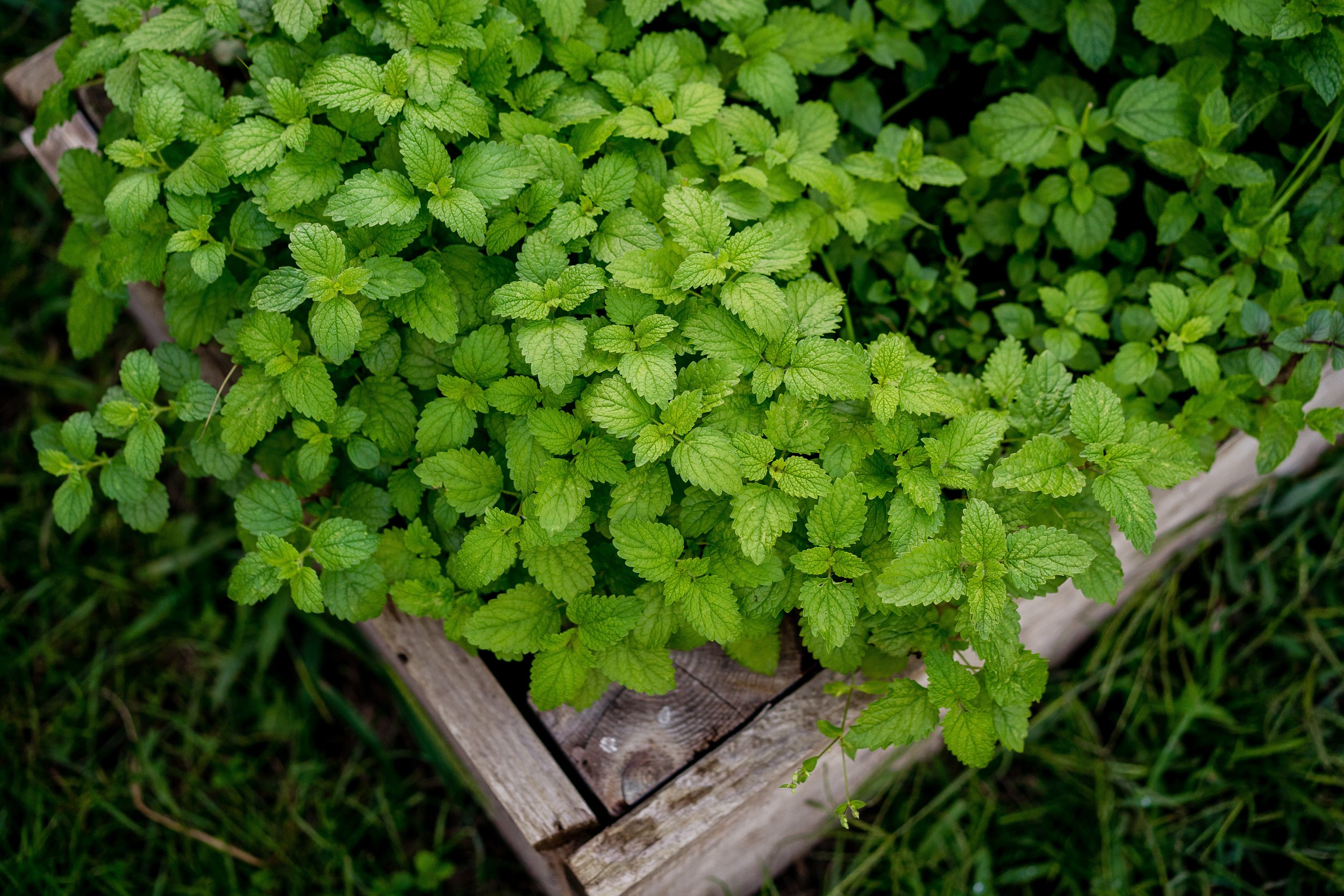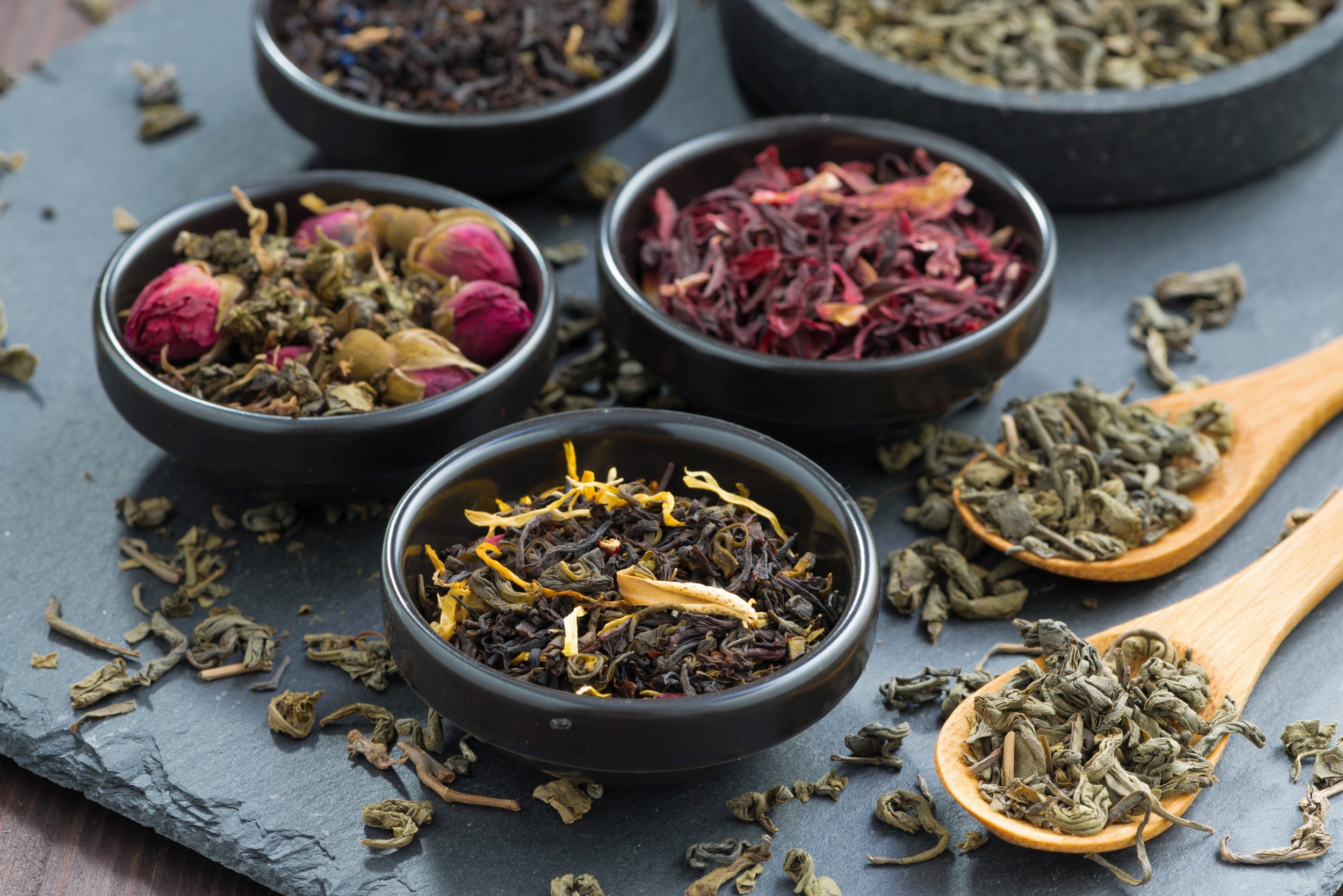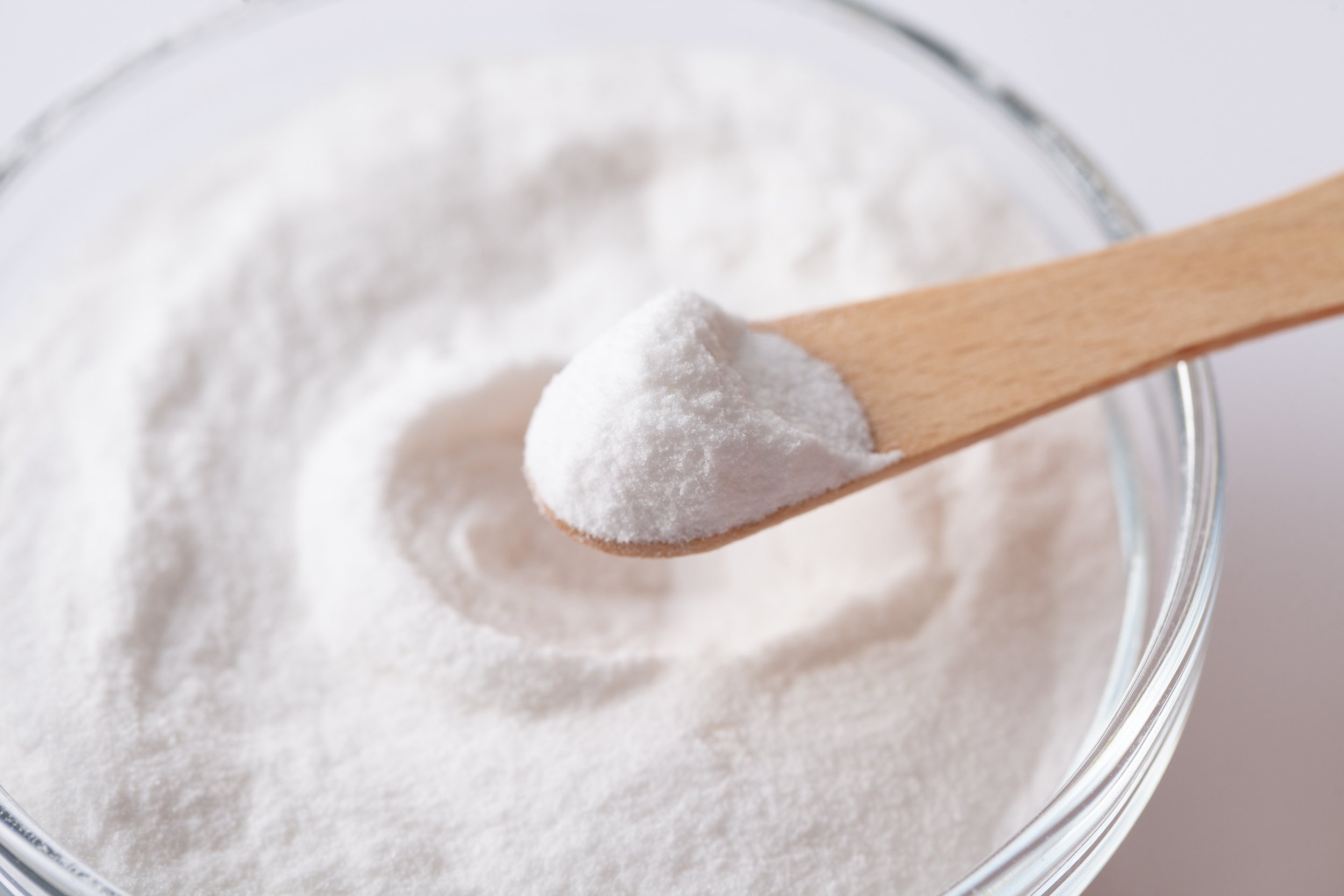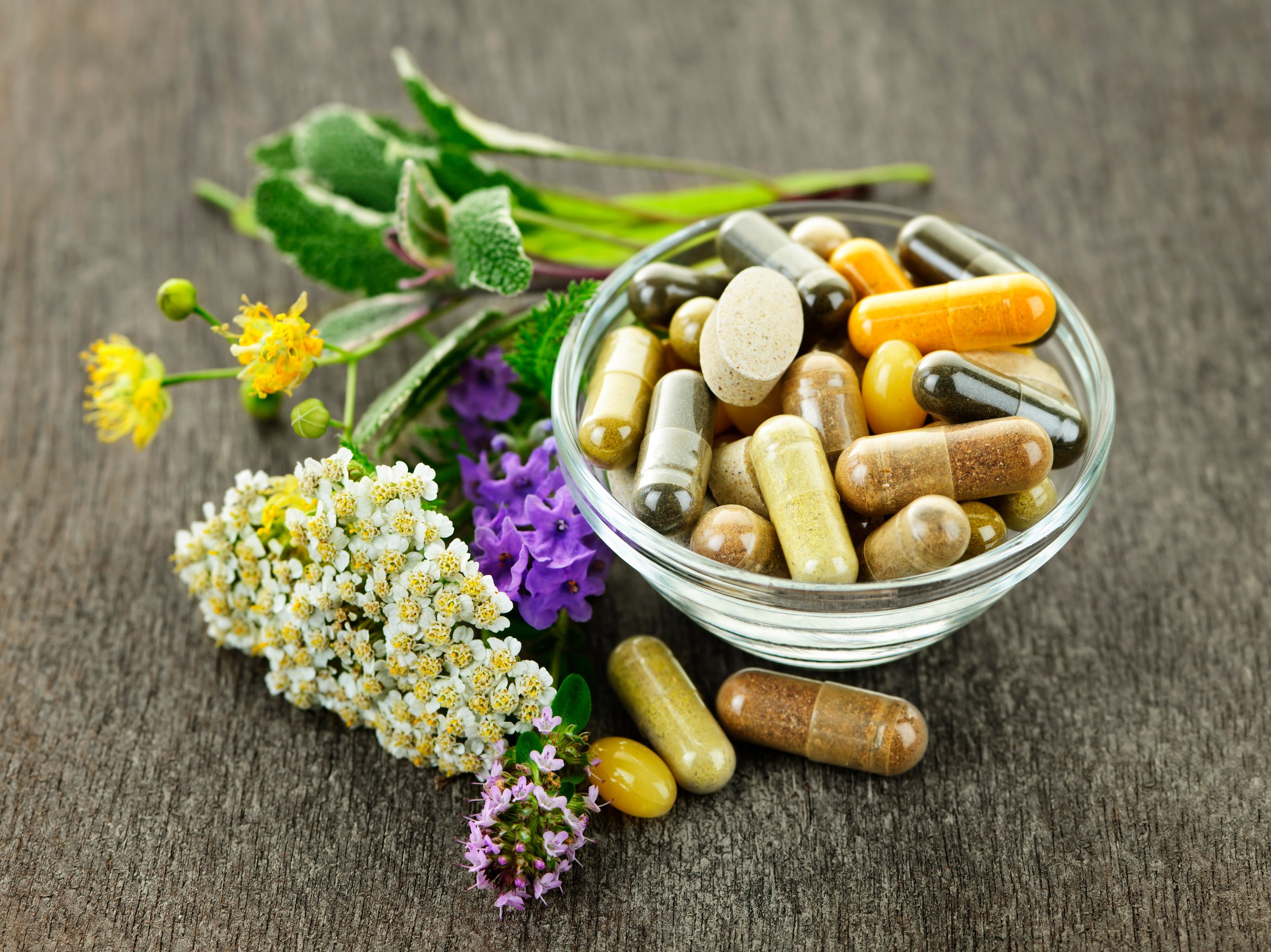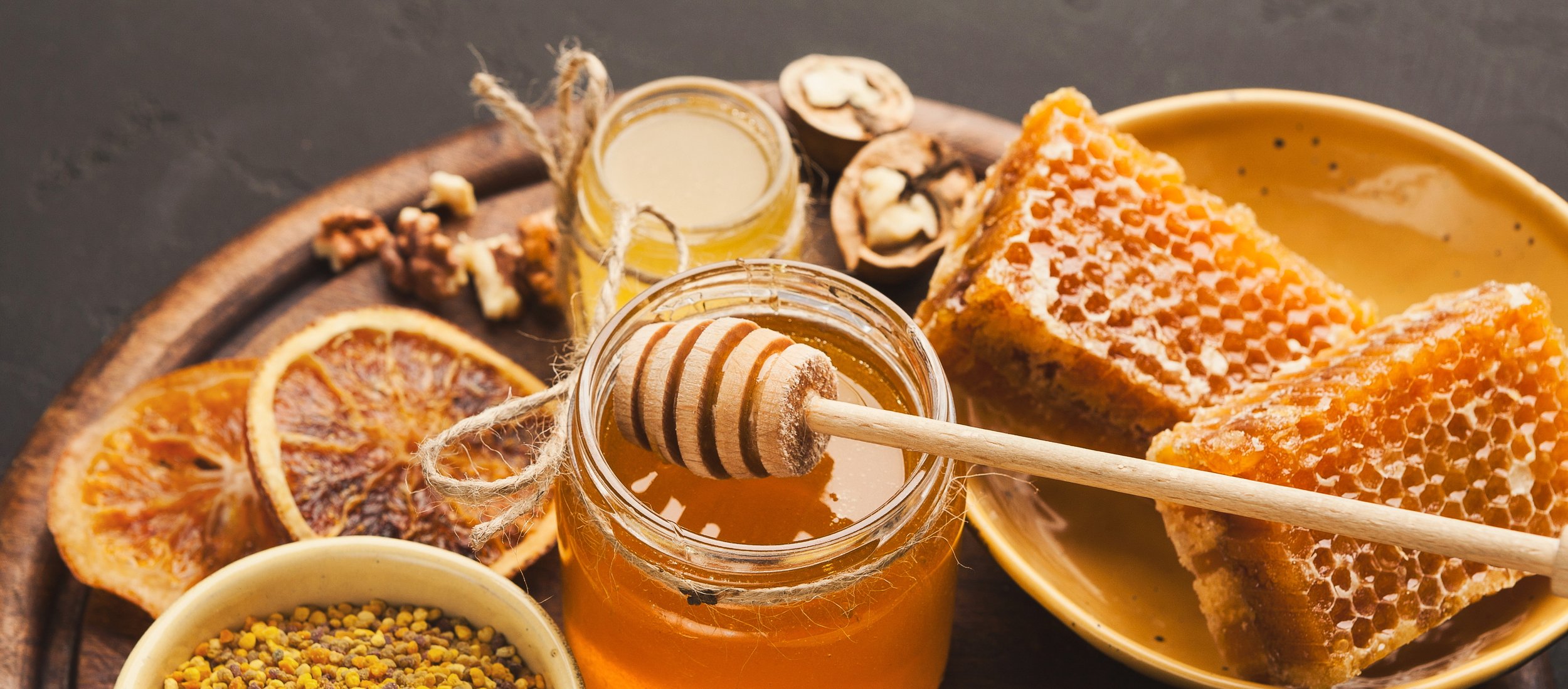Terpenes and Terpenoids: Natures Perfume
Have you ever walked by a bush of fragrant flowers only to be enveloped in their delightful scent? Or enjoyed the taste of a freshly picked berry that sent your senses into a state of aromatic bliss? At the heart of these experiences are tiny phytochemicals made of carbon, hydrogen, and the occasional oxygen—they are terpenes and their marvelous derivatives, terpenoids!
The Ubiquitous Terpenes
Every human on this planet has encountered terpenes in their life. Whether through the delightful scent of flowers or the subtle notes of herbs, these compounds are all around us. We encounter them so often that our bodies are adapted to identify and even utilize some of these compounds! Terpenoids, derived from terpenes, are among the most bioactive compounds in existence. But before we delve into those, let’s explore what terpenes are!
What Are Terpenes?
Terpenes (and terpenoids) are secondary metabolites found in plants, animals, microbes, and other natural sources. Secondary metabolites aren’t essential for an organism’s growth or reproduction, but they play a crucial role in survival by influencing interactions with the environment. Formed during reactions catalyzed by enzymes on primary metabolites (like carbohydrates, amino acids, and vitamins), terpenes and terpenoids are just a fraction of these compounds. Although often associated with plants, they are produced by many organisms.
Terpenes are one of the largest groups of secondary metabolites, composed of isoprene units (a five-carbon chain). Terpenoids, also known as isoprenoids, are organic compounds derived from isoprene and terpenes, but they have additional functional groups, usually containing oxygen. These functional groups make most terpenoids bioactive, meaning they can influence our bodies in many beneficial ways.
The Wonders of Terpenoids
Terpenoids have been shown to possess anti-inflammatory, antimicrobial, antifungal, antiparasitic, analgesic (pain-relieving), and tumor-preventing properties. They are used across various industries to fight malaria, treat cancer, flavor foods, color cosmetics, and even treat depression. These magical compounds are essential tools in holistic healing and herbalism.
Aromatherapy and Beyond
Topical application of essential oils
Consider aromatherapy, where the essential oils of plants are used to elicit emotions. Within those essential oils are terpenes!! They are quite volatile meaning they will evaporate quickly and can be absorbed by inhalation. This volatility makes them perfect for aromatherapy and other applications. When stabilized and diluted in an oil, they can be applied topically or even ingested. Terpenes are also an essential part of smokable herbs. For example, the terms indica and sativa in reference to cannabis are thought to reflect their different terpene profiles!
Mood-Enhancing Magic
So let's dive deeper! Terpenes can actually change our moods. They have the incredible ability to modify the metabolism of dopamine and serotonin, increasing their rates and making us feel happier! This can happen through inhalation and ingestion. Additionally, topical applications of terpenes have shown evidence of anti-inflammatory, antimicrobial, and other beneficial activities. The effects of terpenes on the body are vast and varied, and I plan to break down these effects in more detail in future posts.
There are countless effects that terpenes have on the body, and this post is just the beginning! If you found this interesting and want to learn more, stay tuned for future deep dives into the wonderful world of terpenes and their individual compounds.





